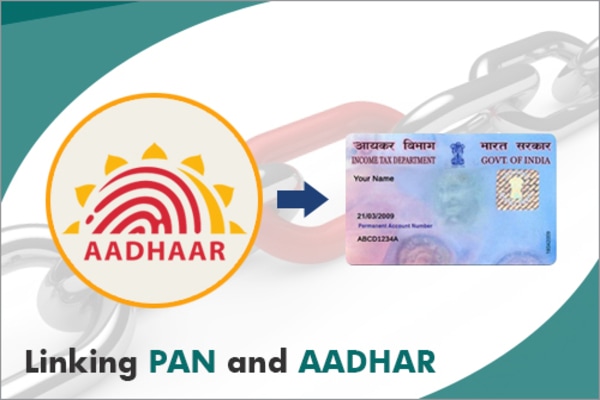Prime Minister Narendra Modi on Saturday launched the National Digital Health Mission while addressing the nation from Red Fort on India’s 74th Independence Day.
Modi said that the initiative which is completely technology-based will revolutionize the health sector in India.
What is the National Digital Health Mission?
Every Indian under the mission would get an ID card containing all relevant information about his/her medical conditions and treatments, tests, etc, the Prime Minister said.
“Every Indian will get a Health ID card. Every they visit a doctor or a pharmacy, or a lab, all the detail will be registered in this health card. Ranging from doctor appointment to the medication prescribed, medical tests, when were they done, every bit of detail will be available in your health profile,” Modi said.
The National Digital Health Blueprint of the mission was prepared by a health ministry panel to create a framework for the national health stack proposed in 2018 by the NITI Aayog, the government think tank.
Recently approved by the finance committee, in the missions, unlike Aadhaar, the data will reside at individual hospital servers in a federated architecture. Citizens will own his/ her health data and would require consent to share data. All the basic registries of patients/hospital/medical professionals that enable data sharing will be owned by a government entity.
The vision of NDHM is to create a national digital health ecosystem that provides timely and efficient access to inclusive, affordable, and safe healthcare to all citizens. NDHM will significantly improve the efficiency, effectiveness, and transparency of health service delivery and will be a major stride towards the achievement of the United Nations Sustainable Development Goal 3.8 of Universal Health Coverage, including financial risk protection, the government said.
Every Indian citizen will get a Health ID which will be a repository of all health-related information, of a person, such as medical tests, previous prescriptions, diagnosis, treatments, all historical health records, the government said.
The Mission aims to liberate citizens from the challenges of finding the right doctors, seeking an appointment with them, payment of consultation fee, making several rounds of hospitals for prescription sheets, among several others and will empower all Indians with the correct information and sources enabling them to make an informed decision to avail the best possible healthcare.
National Health Authority (NHA), the attached office of the Ministry of Health & Family Welfare and the apex Central Government agency responsible for the implementation of Ayushman Bharat Pradhan Mantri Jan Arogya Yojana, has been given the mandate by the Government of India to design, build, roll-out and implement the NDHM in the country.
“The scheme will be rolled out from today through a pilot launch in the Union Territories of Chandigarh, Ladakh, Dadra and Nagar Haveli and Daman and Diu, Puducherry, Andaman & Nicobar Islands and Lakshadweep,” Harsh Vardhan, Minister of Health & Family Welfare, said.
“Based on the initial learnings in the UTs, we will gradually work in partnership with the States to launch the NDHM,” he said.
The NDHM is a holistic, voluntary healthcare programme that will reduce the existing gap between various stakeholders such as doctors, hospitals, and other healthcare providers, pharmacies, insurance companies, and citizens by bringing them together and connecting them in integrated digital health infrastructure. The NDHM comprises six key building blocks or digital systems namely, HealthID, DigiDoctor, Health Facility Registry, Personal Health Records, e-Pharmacy & Telemedicine – that will enable access to timely, safe and affordable healthcare through a ‘citizen-centric’ approach. All of these digital products except e-Pharmacy and Telemedicine have been deployed and are up and running.
Indu Bhushan, Chief Executive Officer, National Health Authority, said, “The core building blocks of NDHM such as Health ID, Digi-Doctor and Health Facility Registry shall be owned, operated and maintained by the Government of India. Private stakeholders will have an equal opportunity to integrate with these building blocks and create their own products for the market.”
However, core activities and verifications, for example, generation of Health ID or approval of a doctor/facility shall remain with the Government, Bhushan said adding that additional components, like Personal Health Record (PHR) and Electronic Medical Record (EMR) solutions can be developed by private players as well, in line with guidelines that will be issued. All such products by private participants shall be as per official guidelines taking care of security, privacy, and standards of the NDHM ecosystem, he said.












